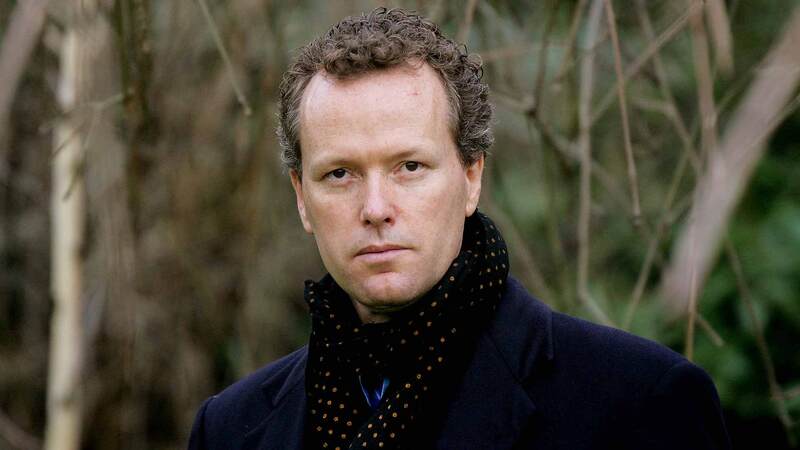You are viewing your 1 free article this month. Login to read more articles.
Winston Churchill's secret life
Most people know that Winston Churchill saved the free world during the Second World War with his tireless, inspirational spirit. What most people do not know is the intensity, the energy, and the spirited creativity with which Churchill lived, away from public life; the artistry he employed in constructing his day-to-day world.
His life style was singular, and cunningly constructed to nurture him and sustain him in a way that can only be described as holistic. Yes, “Mr. Churchill was “easily satisfied with the best,” as his friend F.E. Smith once observed – a quote that Churchill himself would erroneously come to be identified with. But the elements of Churchill’s style added up to so much more than just a big, fat leisured life.
He lost at least six elections in his terribly bumpy political career. Each time that he was driven from office, Churchill found something new in his private life to embrace that nurtured him and rejuvenated him for the next public battle. In the teeth of the First World War he discovered painting as a pastime after being ousted as First Lord of the Admiralty over the disaster at Gallipoli, for which he was unfairly scapegoated. For the rest of his life, he would paint as a respite from the world of politics.
After the tragic death of his three-year-old daughter, he bought Chartwell, a ramshackle old country house in Kent, redesigning and rebuilding it very much with his own hands (and the help of professionals, of course), turning it into an oasis that he retreated to for the rest of his life. He cultivated roses and butterflies with the intensity of a full-time naturalist. He became so adept at bricklaying that he joined the Guild of Bricklayers. He played polo competitively until he was 52 years old; he rode horses into his 80s and built a horse-racing stable that enjoyed great track success in the 1950s, much of it after his retirement as Prime Minister.
Churchill also smoked and drank. He was a cigar epicure and a champagne aficionado, whose greatest passions were Romeo y Julieta cigars and Pol Roger champagne. He loved to eat – in soup: only clear broths (“it must be limpid”) or petite marmite. In seafood: oysters and caviar, lobster and dressed crab, scampi, Dover sole and trout. Meats he enjoyed were roast beef, shoulder of lamb and foie gras; puddings: Yorkshire; cheese: Gruyère. Dessert was chocolate éclairs.
Even more than eating, though, Churchill loved to talk around the dinner table. Conversation at the table was in many ways his greatest sport and pastime: a means of simultaneously relaxing and sharpening his thinking, of letting down his guard and taking in ideas from others. He believed in face-to-face conversation and the power of his own personal charm. During the Second World War his appetite for conversation and social contact with Stalin and Roosevelt helped build the alliances that shaped the outcome of the war as much as anything that transpired on the battlefields.
One quote stands out for me from all the endlessly quotable things Winston Churchill actually did say in his long life: “As one’s fortunes are reduced, one’s spirit must expand to fill the void.” He wrote these words in a letter to his wife, Clementine, from the trenches in France during the First World War, where he’d volunteered to serve after his resignation as First Lord. I think it is a magnificent maxim to live one’s life by. Certainly Churchill did.
Barry Singer is the author of Churchill Style: The Art of Being Winston Churchill (£16.99, Abrams Image) and propreitor of Chartwell Booksellers in New York City.













